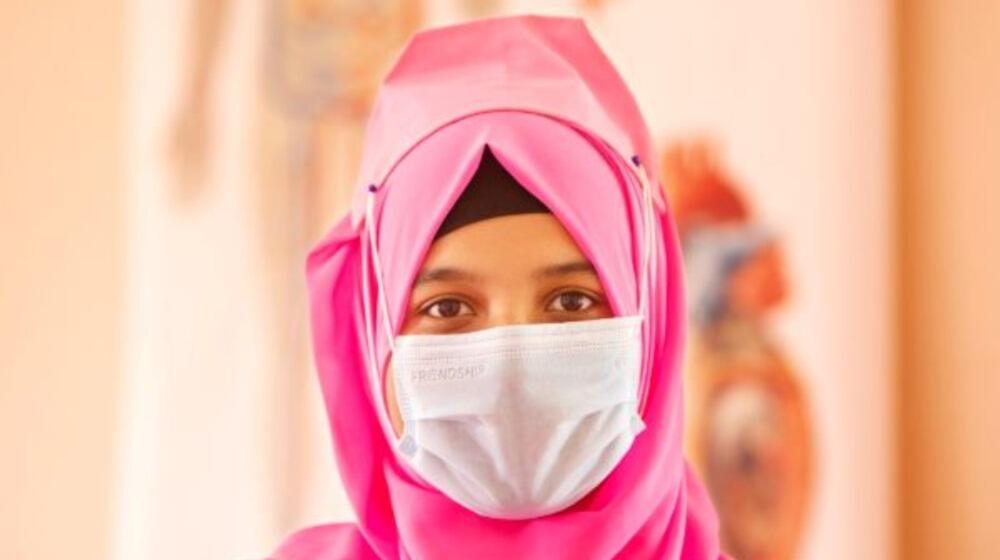
When we think about remote areas or a village, we automatically envision wide open spaces, lush greenery, clean air, and pristine nature. We grasp the challenges associated only after a few seconds when we realize that in the same untouched place, the local population struggles on a daily basis with limited capacities of essential services.
This image accurately portrays the districts of Sunamganj, Sylhet, and Netrokona in Bangladesh’s northeastern region - areas that are also frequently affected by impetuous and quick floods, which exacerbate the already fragile socio-economic context. Here, home delivery is the most common practice, putting the health of women and their newborns at risk. A combination of a general lack of awareness about maternal healthcare advantages, cultural beliefs, and the limited access and availability of skilled human resources make home delivery the most typical procedure. In the past years, the region has struggled to address the lack of human resources, resulting in 14 Union Health & Family Welfare Centres (UH&FWC) and the Sexual and Reproductive Health (SRH) services that were not functional for more than a year.
Fortunately, thanks to the UN’s Central Emergency Response Fund, UNFPA was able to provide support. Dr. Tarina, CERF (UN’s Central Emergency Response Fund) Coordinator of the Obstetrical and Gynecological Society of Bangladesh (OGSB), commented, “Currently, we can count on two appointed midwives for this facility, thanks to the support of UNFPA, which provided the necessary logistics and medical equipment. This facility is now fully equipped with human resources and supplies. Still, interrupted electricity sometimes becomes a real challenge as we have to handle the mothers’ delivery process even more carefully. Nowadays, our graduated diploma midwives perform deliveries in remote areas, and they encourage women through community-level meetings to come to this facility for safer deliveries”.
Given the related challenges, it’s undoubtedly not easy for midwives to provide maternal healthcare in the remotest and difficult-to-reach areas, either in the union health and family welfare center or the union sub-center. UNFPA supports 44 Facilities in Netrkona, Sunamganj, and Sylhet Districts, under the CERF project, providing 26 diploma midwives, 6 medical doctors, and 24 volunteers. CERF is a rapid response window for life-saving humanitarian action that delivers humanitarian aid to the most afflicted and vulnerable families. The fund prioritizes people with disabilities, displaced women, the elderly, children, vulnerable farmers, fishermen, and women in the Sunamgnaj, Sylhet, and Netrokona districts, devastated by the 15 June 2022 flash floods. The flood swept away homes and swamped farmlands and homesteads of 7.2 million people; in this tragic scenario, 90% of health facilities were also affected, disrupting essential health and nutrition services.
The CERF project helps volunteers reach villages, identify pregnant women, organize sessions, and invite midwives who can counsel and encourage women to seek quality care.
When we talk about low institutional delivery, CERF is a concrete response in demonstrating that we can reach those left behind, guiding women and encouraging them to seek facilities to get maternal health care, ensuring their right to a safe delivery. Once more, UNFPA applauds the precious work of our midwives, who are determined to help expectant mothers despite all odds.


